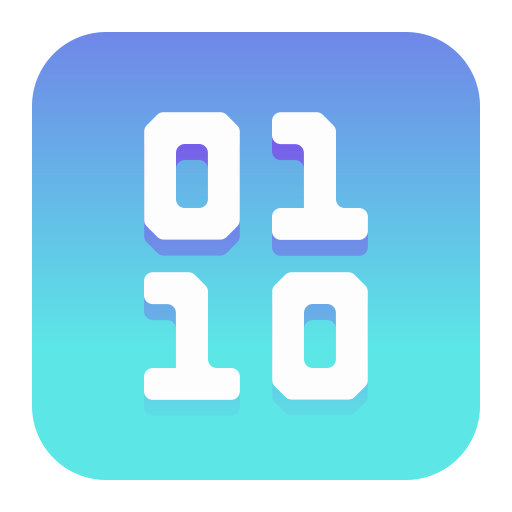You just finished learning JavaScript. You now know how the loops work, how to call a function, how HTML and JavaScript work together, and how it functions entirely. Now comes the next question – What’s next? If you cannot choose amongst many options, then fret not. This guide can help you find what you can learn after you’re done with JS.
What to learn after Javascript?
You can learn frameworks that are associated with JS or even learn other programming languages. Most programming languages work under similar principles; hence, learning a new one will not be tough if you know the basic programming concepts. Now, let’s dive into what you can learn after finishing JS:
- jQuery
- JSON
- Node.js
- TypeScript
- Angular and AngularJS
1. jQuery

Essentially, jQuery is a JavaScript library that helps in manipulation, event handling, animation, and HTML document traversal. It is used along with an API that is simple to use. It follows the policy of “write less, do more.” Its primary function is to make JavaScript run efficiently on a website. You can easily learn it in 4-5 weeks if you are confident in your JS skills.
You can start with some basic programs like – developing a game like a snake game, developing a password strength checker, or you can play along with the animations and also creating a fading effect. There is a lot you can do with it.
2. JSON

JSON stands for JavaScript Object Notation and is an open data-interchange format. It parses and generates data that is easy to interpret by machines and humans. It is a collection of name/value pairs and an ordered list of values. The name/value is in the form of an object, struct, hash tables, etc. On the other hand, ordered lists are shown as arrays, lists, etc. JSON is so easy to understand that you can learn it in just one day.
Here is a list of incredible JSON examples you must check!:
With the examples mentioned above, you can understand how JSON works and what it looks like. The layout is so simple that even a child can understand what is happening. Can JSON be a child’s play? Probably.
3. Node.js

Node.js is asynchronous. It is an open-source server-side environment. It can be used for both the backend as well frontend. Netflix uses Node.js for its services. You can also give node.js a shot. Learning this might take 3-4 months, depending on your speed and understanding. You can crunch the learning period, depending on your pace.
Here is an excellent link to some node.js projects on GitHub. Check them out!
4. TypeScript

Now that you know JavaScript, TypeScript will get easier to learn. It is an extension of JavaScript. TypeScript (TS) is an object-oriented, open-source programming language, strictly syntactical and a superset of Javascript (JS). It can be termed under functional programming languages as well. It is also used for developing complex web applications with ease. It fills the gaps that JS is unable to. It is one of the essential languages to learn in 2022.
Google uses TypeScript for Firebase, GCP (Google Cloud Platform), Google Analytics, and Angular. Can you create such great projects with TS? Why not try? TypeScript will be more fun to learn because it is just JavaScript on an advanced level, and the syntax and semantics are very much the same. So, learning it should approximately take about a month. Again, this depends on your pace and understanding of JS.
5. Angular and AngularJS

Angular is a framework used for building single-page client applications with the help of HTML and TS. It is written in TS and implements core and optional functionality as a set of TS libraries that you import into your applications. So, if you know JS, you can quickly learn Angular. While you learn Angular, you might also learn TS side-by-side if you aren’t well-equipped. Angular and Typescript go hand-in-hand. But, you can still learn it with only knowing JavaScript. On the other hand, AngularJS is a JavaScript framework for developing SPAs and Single Page Web Applications. It is also growing rapidly alongside Angular, and with time it has helped create better applications.
Conclusion:
There is so much you can do after learning JavaScript. There are frameworks you can check, play around with open source projects, create your mini projects, and so on. Learning doesn’t stop till this blog post. A whole world is waiting for you to pick another skill and add it to your arsenal. You can learn about more frameworks and programming languages and keep abreast with the advancements.
Happy Coding!
Also Read: What Should I Learn after Python?
